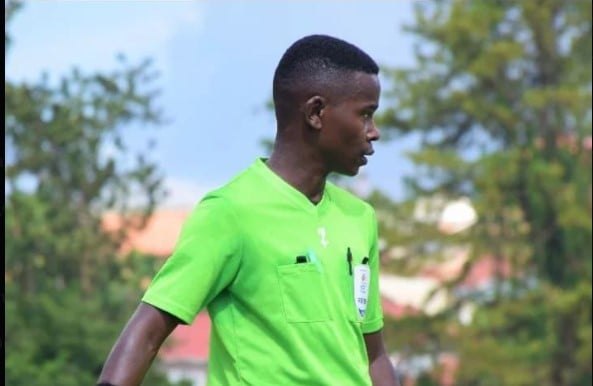Prime
Govt should act on all electoral reforms

Citizens queue to vote at a polling station in Anaka Town Council, Nwoya District, during the general election in January this year. The Electoral Commission (EC) chairman has said Ugandans in the diaspora and prisoners will be able to vote beginning with the 2026 general election. PHOTO / DENIS OMONY
What you need to know:
- However, as the EC goes about addressing itself to questions around whether campaigns will go on in the prisons and how the vote counting will be managed in such restricted facilities, it should be moving to ensure that Uganda sees major electoral reforms aimed at improving future elections.
Thursday’s announcement by the chairperson of the Electoral Commission (EC), Justice Simon Byabakama, that Ugandans in the diaspora and prisoners will be able to vote in the 2026 general election came as sweet music to the ears.
However, as the EC goes about addressing itself to questions around whether campaigns will go on in the prisons and how the vote counting will be managed in such restricted facilities, it should be moving to ensure that Uganda sees major electoral reforms aimed at improving future elections.
The biggest issue the EC and the government need to address themselves to is the credibility of our electoral processes. All elections held since 1996 have ended in controversy. The NRM is always accused of cheating its way to victory.
In 1996, Paul Kawanga Ssemogerere declared that he would not “accept the result as valid”. He cited rigging, intimidation of voters and use of doctored voters’ registers.
In 2001 judges agreed that there was cheating, but that it did “not affect the result of the elections in a substantial manner”. In 2006, they concluded that the “principles of equal suffrage, transparency of the votes, and secrecy of the ballot were undermined by multiple voting and vote stuffing”.
The walk-to-work protests that came in the wake of the 2011 polls suggested dissatisfaction with the outcome. The 2016 and the 2011 polls’ results were also contested.
The biggest source of contention has always been government’s failure to initiate reforms that would improve the electoral framework.
In March 2020, Parliament passed laws such as the Presidential Elections, Parliamentary Elections, Electoral Commissions and Political Parties and Organisations Amendment Bills, 2019, but the Bills skirted the elephant in the room - the appointment of the EC.
The argument has always been that the EC cannot declare a result other than a win for the NRM because it is Mr Museveni who appoints it.
It, therefore, follows that credibility of elections organised by an EC that is constituted the way it is will always be in doubt. That can only be fixed by taking up the recommendation of the Opposition that the formation of the EC be made more competitive with civil society and the public playing a part in the selection of commissioners.
The EC and government also need to address themselves to long pending proposals like introduction of proportional representation; waiving of the requirement for civil servants to resign before nominations and; introduction of bans from elective politics for those found guilty of offences such as bribery.




